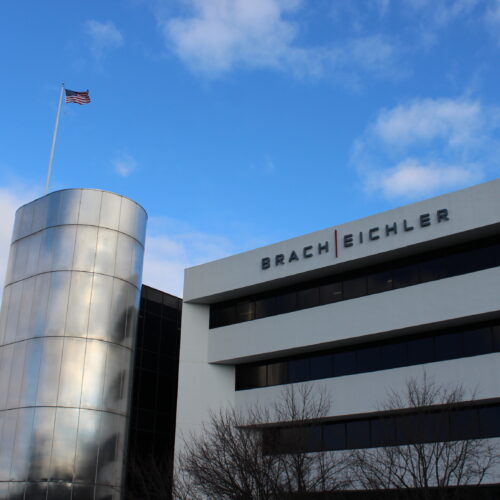NJDEP Announces Updated Pesticide Remediation Technical Guidance
The New Jersey Department of Environmental Protection (“NJDEP”) has issued updated technical guidance regarding pesticides. According to NJDEP, this guidance offers a more streamlined approach to the investigation, delineation, and remediation of historically applied pesticides (“HAP”) than the previous guidance, which was issued in 1999. This updated guidance only applies to HAP, which is defined as “any organic or inorganic chemical which has been and is no longer used for pest control, and that has been found to have long-lived residues and lasting health and environmental impacts. [HAP] does not include the manufacture, mixing, or other handling of these chemicals that result in a discharge. The pesticides of concern include, but are not limited to, arsenic, lead, DDT (and its metabolites, DDE and DDD), dieldrin, aldrin and chlordane.”
The guidance provides that if the sampling results indicate HAP are present at concentrations exceeding applicable standards, under the Administrative Requirements for the Remediation of Contaminated Sites (“ARRCS”) and the Technical Regulations, then remediation must occur pursuant to the NJDEP rules and regulations. This guidance does provide for exceptions for agricultural property and active golf courses. For those sites, the remediation can be deferred until the property is no longer being used for either of those purposes.









